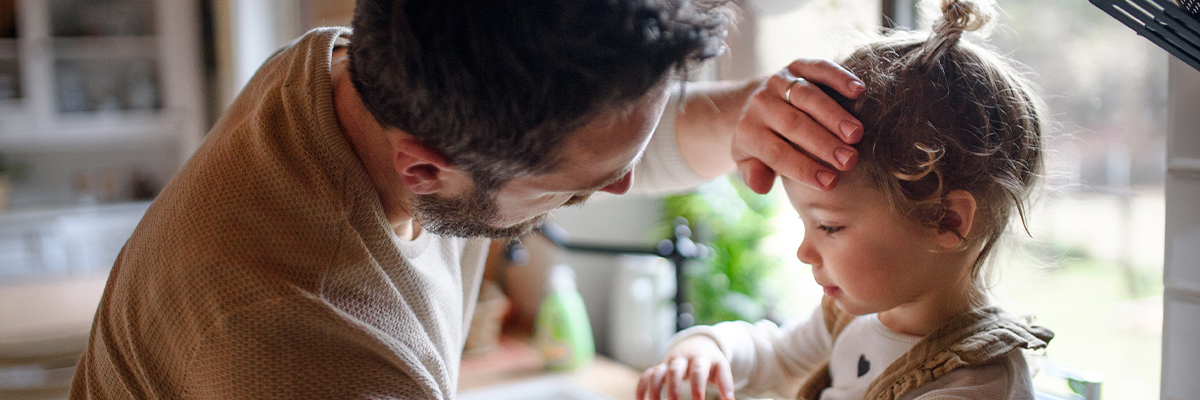
Article at a Glance:
The novel Corona Virus Disease 2019, or COVID-19, is the highly contagious virus at the center of the 2020 global pandemic. Learn what you need to know about what testing is available, who should be tested, and where testing can be located.
There are currently two types of COVID testing available: viral and antibody. A viral test will tell you if you are infected with COVID at the time the test is performed. It’s possible to become infected after being tested, however, so it’s best to self-quarantine and act as though you have the virus until you receive your results.
An antibody test may be able to tell you if you had been infected previously. The antibody test shouldn’t be administered in place of a viral test in order to check for a current infection unless there is a delay in the viral testing. There may not be enough antibodies present during a current infection to show up on a test.
Not everyone will need to be tested. If you suspect that you have COVID, if you have had contact with someone who has tested positive for COVID, or you are a front line worker who has been asked to get tested by your employer, then you should be tested. Otherwise, it’s safe to not get tested unless one of these factors changes or you’re asked to test for another reason.
Receiving your test results can take anywhere from minutes to several days, depending on what type of test you take and how many people are being tested. At UVP, we offer onsite testing with test results available in as little as 15 minutes. Call ahead to inquire about current availability at our PNUO, Vineyard, and Cherry Tree locations.
Learn more about Coronavirus in our Covid-19 Series:
Part 1: How Does Covid-19 Spread?
Part 2: How Can I Prevent Contracting Coronavirus?
Part 3: What Are Typical Symptoms of Coronavirus?
Part 4: How Likely Is My Family to Contract COVID-19, and How Sick Would We Get?